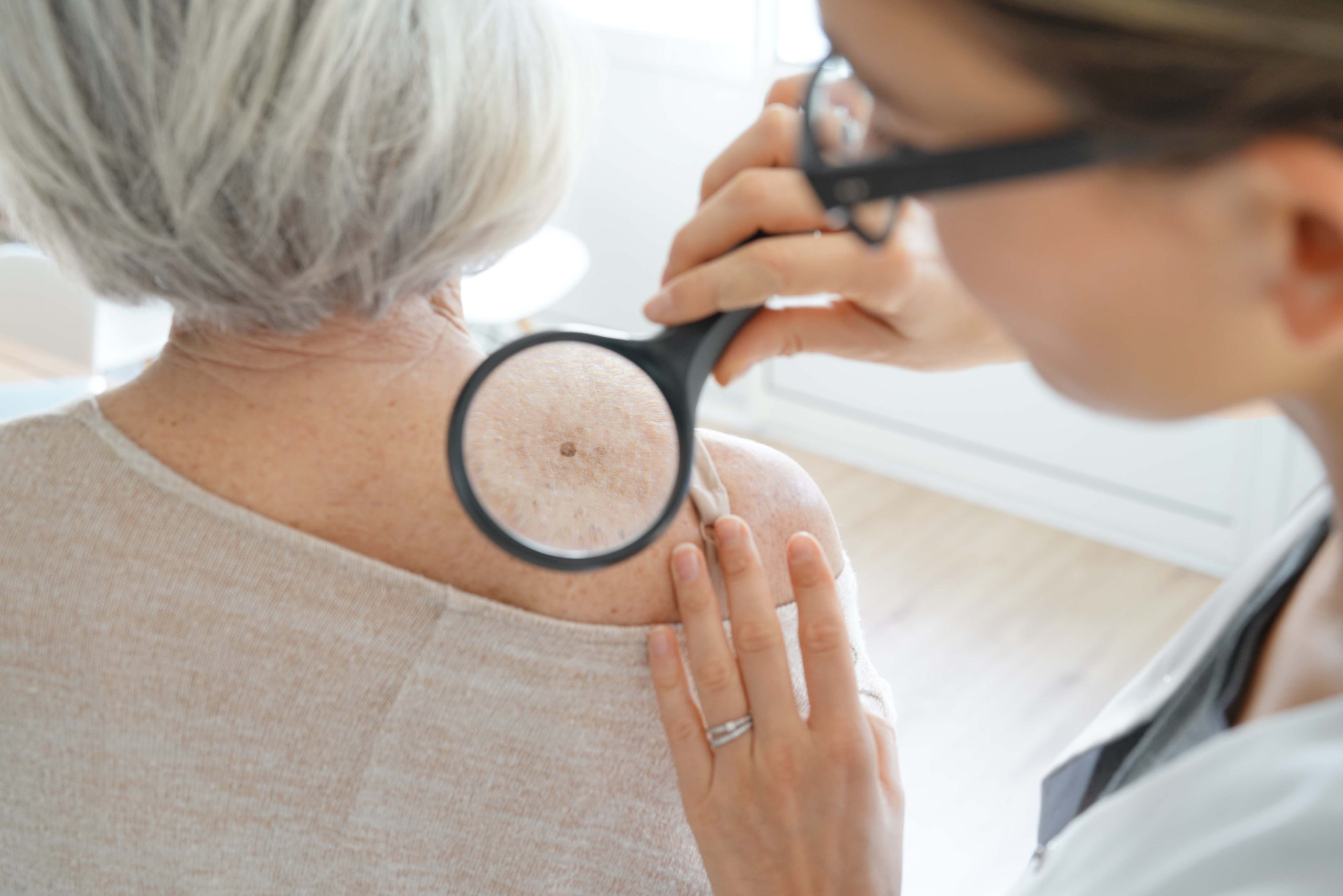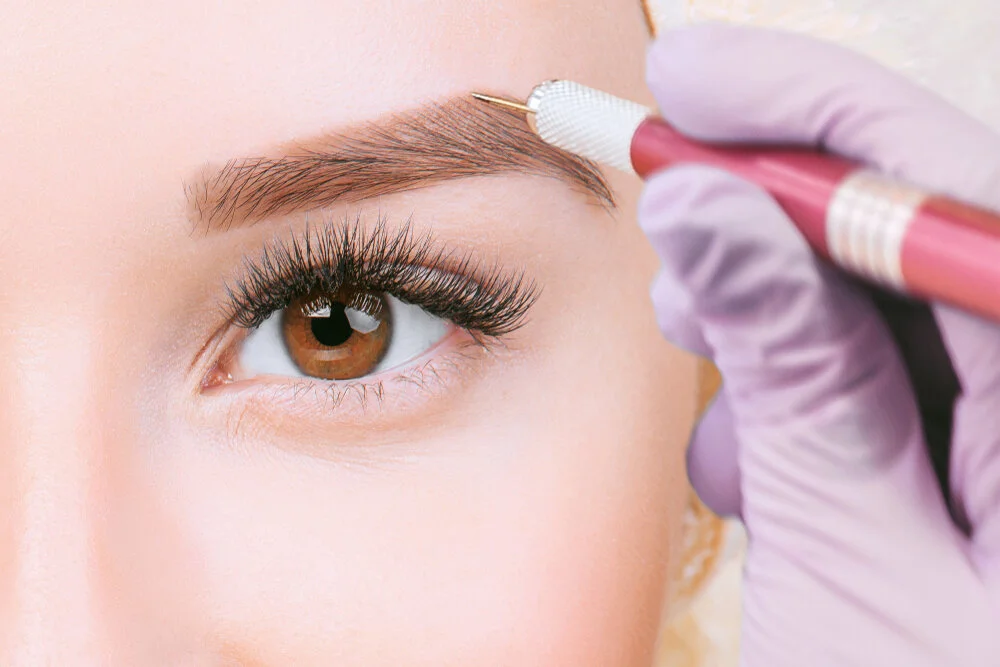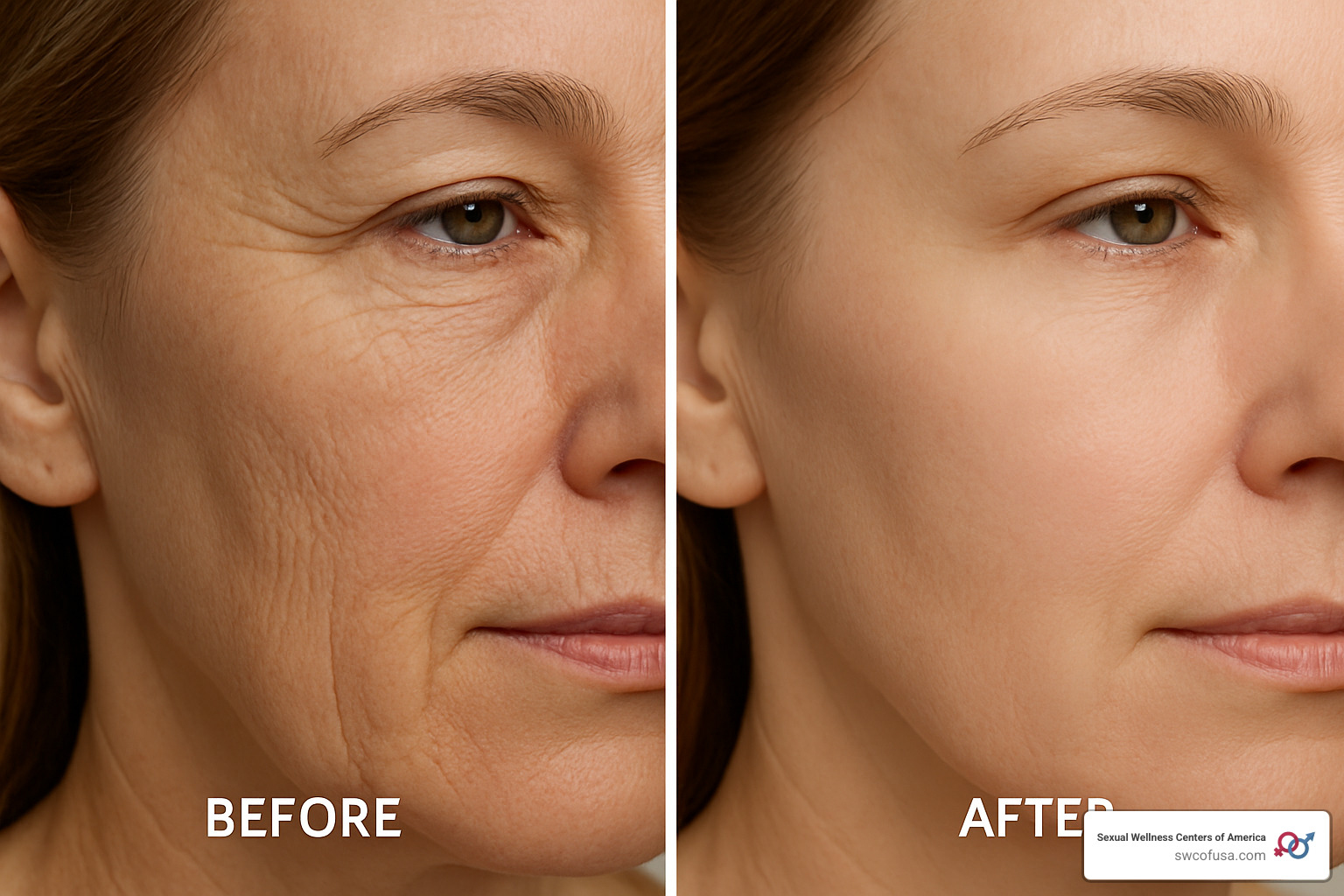
While some skin issues can be managed with over-the-counter products, others require professional evaluation. Knowing when to consult a dermatologist is key to preventing minor concerns from developing into serious conditions. Here’s how to recognize when it’s time to consult a dermatologist for your skin concerns:
Persistent and Recurrent Acne
Acne that doesn’t respond to over-the-counter treatments or keeps recurring signals the need for professional intervention. A dermatologist helps you determine if your breakouts are caused by hormones, bacteria, or other underlying factors that require prescription treatments. Dermatologists can prescribe topical retinoids, antibiotics, or hormonal treatments that target the root causes of persistent breakouts. They also provide professional extraction procedures that prevent scarring. Deep, painful cysts or nodules under the skin are also concerning. These types of breakouts can cause permanent scarring if not treated properly.
Unusual or Suspicious Skin Growths
Any changes in existing moles or new growths on your skin warrant immediate evaluation by a dermatologist. The ABCDE rule helps identify concerning changes: asymmetry, border irregularity, color variation, diameter larger than a pencil eraser, and evolving or changes over time.
New spots that appear suddenly, especially if they’re dark, raised, or have an irregular shape, require professional assessment. A dermatology specialist performs dermoscopy or recommends biopsy procedures to rule out skin cancer. Watch out for spots that bleed, itch, or fail to heal within a few weeks. These symptoms can indicate precancerous changes or skin cancer. Regular skin screenings with a dermatologist are fundamental for people with many moles, fair skin, or a family history of skin cancer.
Chronic and Non-healing Skin Conditions
Persistent rashes, scaling, or inflammation that lasts more than a few weeks indicates a chronic skin condition requiring professional diagnosis. Eczema, psoriasis, and seborrheic dermatitis are common conditions that often need prescription treatments for effective management. A dermatologist can differentiate between similar-looking conditions and provide targeted therapy. Conditions affecting quality of life, such as severe itching that disrupts sleep or visible symptoms that cause embarrassment, benefit from professional care. Dermatologists can prescribe stronger topical medications and oral treatments that provide significant relief for chronic skin problems.
Unhealthy Hair and Scalp
A dermatologist can diagnose and treat conditions that affect the health, appearance, and functionality of hair, nails, and the scalp. These conditions often present as the following:
- Sudden hair loss, thinning, or bald patches require evaluation to determine the underlying cause.
- Conditions such as alopecia areata, androgenic alopecia, or fungal infections affecting hair growth.
- Nail changes, including discoloration, thickening, or separation from the nail bed, may point to fungal infections or other nail disorders.
- Nail psoriasis or other conditions that resemble fungal infections.
- Persistent scalp itching, flaking, or irritation unresponsive to medicated shampoos can indicate seborrheic dermatitis or other scalp conditions.
Seeking timely assistance for these concerns supports accurate diagnosis and effective treatment.
Consult a Local Dermatologist Today
Professional dermatological care provides accurate diagnosis and effective treatment for skin concerns that don’t improve with home remedies. A dermatologist can identify serious conditions early and prevent complications. Schedule your consultation with a qualified dermatologist in your area for a professional skin evaluation today.




